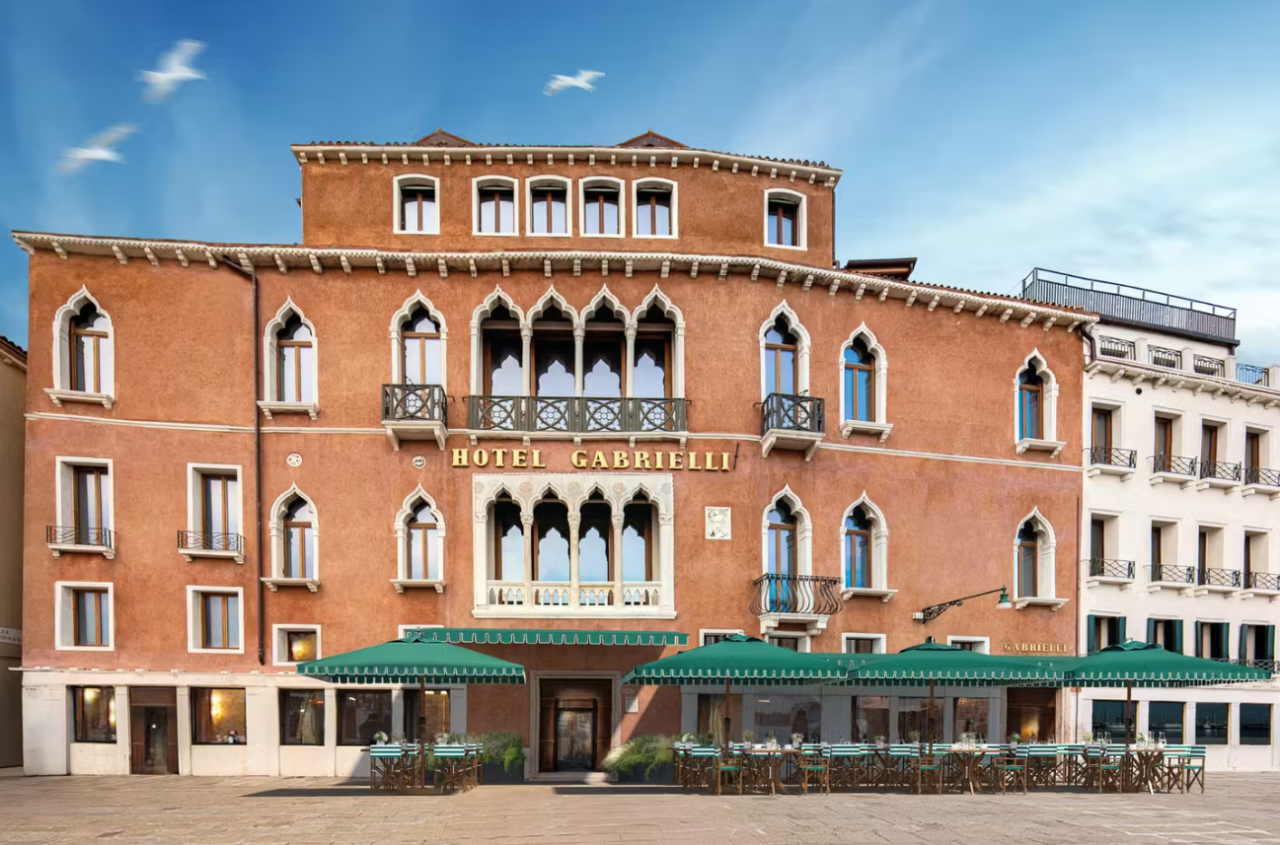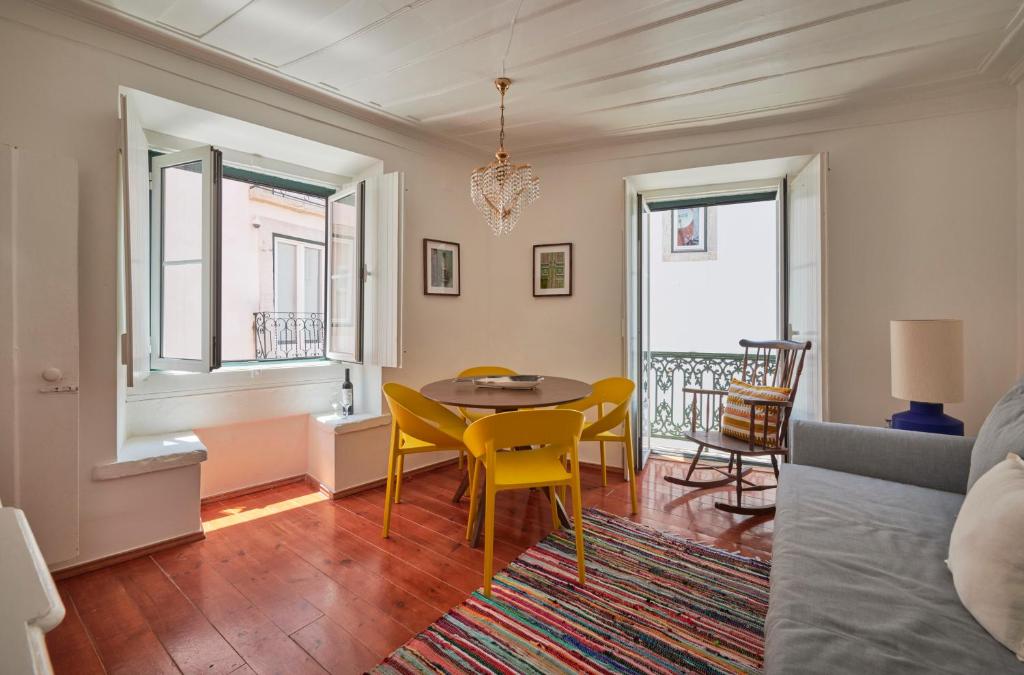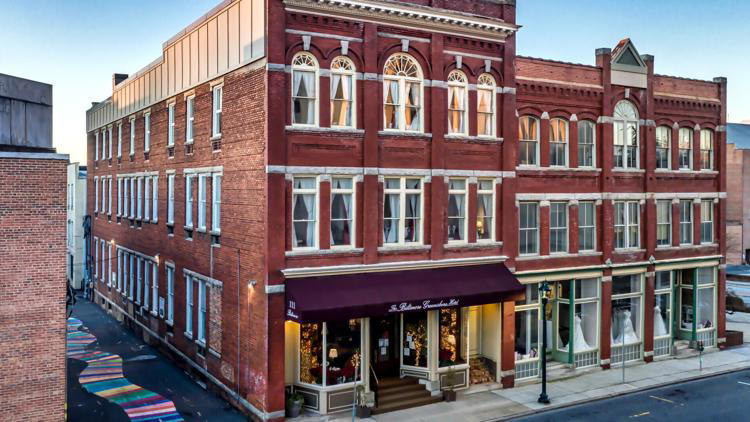In a world that is constantly racing towards the new and the futuristic, there is a profound and lasting magic in the old. A historic hotel is more than just a place to sleep; it is a living testament to a city’s past, a repository of stories, and a portal to a bygone era. For the modern traveler, a stay in a historic hotel is a chance to step back in time, to immerse oneself in a different world, and to experience a level of craftsmanship, character, and grandeur that is often absent in modern, cookie-cutter accommodations. This isn’t just a trip; it’s a journey through time, a deeply personal and unforgettable experience that will stay with you long after you’ve checked out.
This comprehensive guide will take a deep dive into the enchanting world of historic hotels. We’ll explore what makes them so special, the key criteria for a truly exceptional historic stay, the unique amenities and services they offer, and the new trends in preservation and modernization that are breathing new life into these timeless treasures. By the end, you will have a clear roadmap for choosing a historic hotel that is not just a place to stay but a place to live a story. The future of travel is here, and it’s more authentic, more personal, and more inspiring than ever before.
A. What Makes a Hotel “Historic”?

A hotel doesn’t become historic just because it’s old. A truly historic hotel is a living monument, a place that has a deep and a profound connection to its past. It is a place that tells a story, a place that has been a witness to a variety of historical events, and a place that has been a part of a city’s cultural and social fabric for generations. The key criteria for a historic hotel are a blend of architecture, history, and a commitment to preservation.
- A. The Architectural Grandeur: The first and most striking feature of a historic hotel is its architecture. These hotels were often built in an era when craftsmanship and grandeur were a priority. They are living testaments to a variety of architectural styles, from a Victorian mansion to a neoclassical masterpiece to an art deco gem. The intricate details, the grand ballrooms, and the soaring ceilings are all a part of the hotel’s charm.
- B. The Stories and the Legends: A historic hotel has a rich and a deep history. It is a place where a variety of famous people have stayed, a place where a variety of historical events have taken place, and a place that has a variety of legends and ghost stories. The hotel’s history is a part of its charm, and a good historic hotel will have a variety of stories to tell.
- C. The Commitment to Preservation: A historic hotel is not just a place that is old; it is a place that is committed to preserving its history. This includes a commitment to restoring the original architectural details, a commitment to using the original furniture and the original art, and a commitment to preserving the hotel’s original character. A historic hotel is a place that is a living museum, but it is also a place that is a comfortable and a luxurious place to stay.
- D. The Authenticity: The most important feature of a historic hotel is its authenticity. It is a place that is a living testament to its past, a place that is not a modern replica but a living and a breathing part of a city’s history. The authenticity of a historic hotel is what makes it a truly unique and a truly unforgettable travel experience.
B. The Unique Amenities and Services
A historic hotel offers a variety of unique amenities and services that are a testament to its character and its history. These amenities are not just a luxury; they are a part of the hotel’s charm and its story.
- A. The Timeless Elegance of the Guest Room: The guest room in a historic hotel is a world away from a modern, generic hotel room. The rooms are often larger, with a high ceiling, a variety of antique furniture, and a variety of unique architectural details. The beds are often more comfortable, the linens are often more luxurious, and the bathroom is often a work of art, with a variety of unique and a variety of beautiful fixtures.
- B. The Grand Dining and the Cocktail Lounge: A historic hotel often has a grand dining room and a classic cocktail lounge that is a perfect fusion of old-world elegance and modern-day luxury. The dining room is a place where you can enjoy a classic meal, and the lounge is a place where you can enjoy a classic cocktail. These are the places that are a perfect fusion of the hotel’s history and its modern-day charm.
- C. The Bespoke and the Personal Service: A historic hotel often has a variety of unique and personal services that are a testament to its character. The staff is often more experienced, more knowledgeable, and more personal. They can tell you a story about the hotel’s history, they can recommend a local restaurant, and they can help you to make a variety of unique and a variety of personal arrangements.
- D. The Exclusive and the Private Events: A historic hotel is a popular place for a variety of exclusive and private events, from a wedding to a corporate event to a private party. The grand ballrooms, the private dining rooms, and the elegant lounges are all a perfect place for a variety of unique and a variety of personal events. The hotel’s history is a part of the event’s charm, and a historic event is a truly unforgettable event.
C. The New Era of Preservation and Modernization
The biggest challenge for a historic hotel is to find a balance between preservation and modernization. A historic hotel must be a living testament to its past, but it must also be a comfortable and a luxurious place to stay for a modern traveler. A new era of preservation and modernization is breathing new life into these timeless treasures.
- A. The Sustainable Preservation: A new generation of preservation is focused on a sustainable and an eco-conscious approach. This includes a commitment to using a variety of sustainable and a variety of recycled materials, a commitment to using a variety of renewable energy sources, and a commitment to reducing the hotel’s carbon footprint. A historic hotel that is committed to a sustainable future is a hotel that is a living testament to a modern and a responsible way of living.
- B. The Technology Integration: The best historic hotels are those that are seamlessly integrating a variety of modern-day technologies. This includes a smart TV in the guest room, a high-speed Wi-Fi connection, and a variety of digital services. A historic hotel that is a perfect fusion of old-world elegance and modern-day technology is a hotel that is a joy to experience.
- C. The Art and the Design: A new generation of historic hotels are working with a variety of modern-day artists and a variety of modern-day designers to create a new and a unique experience. They are commissioning a variety of new and a variety of unique art installations, and they are working with a variety of local designers to create a variety of new and a variety of unique products. This is a new and a unique way to celebrate a historic hotel’s history and its modern-day charm.
- D. The Community-Based Tourism: The best historic hotels are those that are a part of a local community. They are working with a variety of local businesses, a variety of local artists, and a variety of local organizations to create a variety of unique and a variety of personal experiences for their guests. A historic hotel that is a part of a local community is a hotel that is a living testament to a city’s cultural and a social fabric.
D. The Future of Historic Hotels

The future of historic hotels is not about a single trend but a collective movement that is focused on a deeper and a more meaningful experience. The modern traveler is seeking a place that is a living testament to a city’s past, a place that has a deep and a profound connection to its history, and a place that is a perfect fusion of old-world elegance and modern-day luxury. A historic hotel is a place that is a timeless treasure, a place that is a living testament to a bygone era, and a place that is a perfect and a beautiful partner for a modern and a conscious traveler.
- A. The Rise of the Boutique Hotel: A new generation of boutique hotels is emerging that is a perfect fusion of the historic and the modern. These hotels are often located in a historic building, but they have a modern and a unique design. They are a perfect place for a traveler who is looking for a a personal and a unique experience.
- B. The Rise of the Sustainable Hotel: A new generation of hotels is emerging that is committed to a sustainable and an eco-conscious way of living. They are a perfect place for a traveler who is committed to a a sustainable and a responsible way of living.
- C. The Rise of the Wellness Hotel: A new generation of hotels is emerging that is committed to a wellness-focused way of living. They are a perfect place for a traveler who is committed to a healthy and a rejuvenating way of living.
- D. The Rise of the Cultural Hotel: A new generation of hotels is emerging that is a perfect fusion of a hotel and a museum. They are a perfect place for a traveler who is looking for a a cultural and a an inspiring experience.
Conclusion
A historic hotel is not just a place to stay; it is a profound and a transformative travel experience that is a living testament to a city’s past, a repository of stories, and a portal to a bygone era. It is a place that is a perfect and a beautiful fusion of old-world elegance and modern-day luxury, and it is a place that is a true and a lasting treasure. By choosing to stay in a historic hotel, you are not just choosing a place to sleep; you are choosing to immerse yourself in a city’s history, to connect with its culture, and to live a story that is as unique and as personal as you are. The most successful historic hotels in this new era are not those that are the most famous or the most luxurious but those that have a deep and an unwavering commitment to preserving their history, supporting their local community, and providing a variety of unique and a variety of personal experiences for their guests.
The future of historic hotels is a seamless and an integrated one, where a historic hotel is just one part of a larger ecosystem of sustainable, cultural, and personal experiences. It’s a world where you can stay in a historic hotel, explore a local museum, and participate in a local festival, all in the same day. The best historic hotels are a testament to the fact that you can have it all: a stunning and a beautiful environment, a deep and a meaningful connection to a local community, and a sense of peace and a sense of purpose. By embracing a more conscious and a more responsible approach to travel, you are not just taking a vacation; you are making an investment in your own well-being and in the future of our planet. The best historic hotels are not just a destination; they are a powerful and a transformative force that will change how we travel and how we live. The journey is just beginning, and the possibilities are endless. The era of the historic hotel is here, and it’s more enchanting than ever before.









